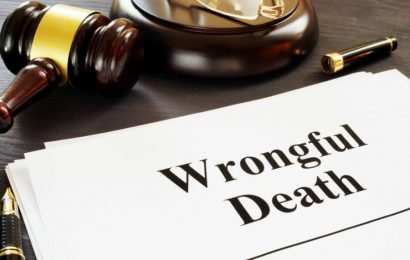
How Can I Get Copies of My Bankruptcy Papers
Copies of your bankruptcy papers are available at the bankruptcy court where you filed the case, and sometimes at the clerk’s office of the state court where you were living when you filed the case. If you cannot obtain copies from either source, contact your attorney.
Get Your Bankruptcy Papers Yourself
Here are the instructions from the Northern California bankruptcy court regarding how to obtain copies.
First, you won’t need certified copies if you don’t have them. The easiest way to get certified copies is to use the internet at PACER (Public Access to Court Electronic Records). This online service allows you to access, download, and print case and docket information from all federal courthouses.
Register for a free PACER account at www.pacer.gov. PACER charges ten cents ($0.10) for each page of copied text. This is the same as the court fees but without the need to travel to the courthouse and parking costs. The maximum charge per document for larger documents is $3.00, which is equivalent to 30 pages.
What Do Bankruptcy Papers Show?
The bankruptcy petition proves that you have filed a case. However, it does not show what the case was about or if it reached a conclusion.
The creditor matrix (or master address list) shows who was notified of a bankruptcy case. In general, creditors who have been notified of a bankruptcy case are entitled to have their claims discharged.
This article was written by Alla Tenina. Alla is one of the best estate planning attorneys in Los Angeles California, and the founder of Tenina Law. She has experience in bankruptcies, real estate planning, and complex tax matters. The information provided on this website does not, and is not intended to, constitute legal advice; instead, all information, content, and materials available on this site are for general informational purposes only. Information on this website may not constitute the most up-to-date legal or other information. This website contains links to other third-party websites. Such links are only for the convenience of the reader, user or browser; the ABA and its members do not recommend or endorse the contents of the third-party sites.






